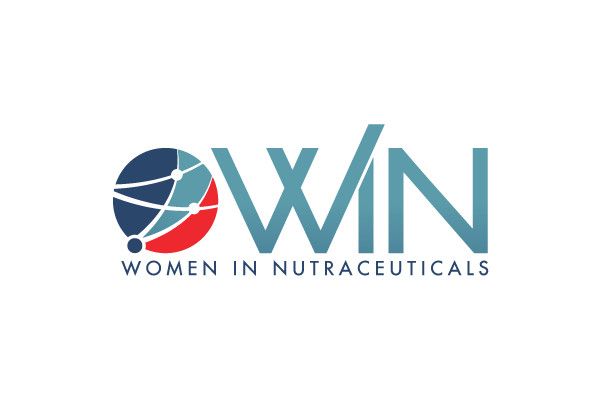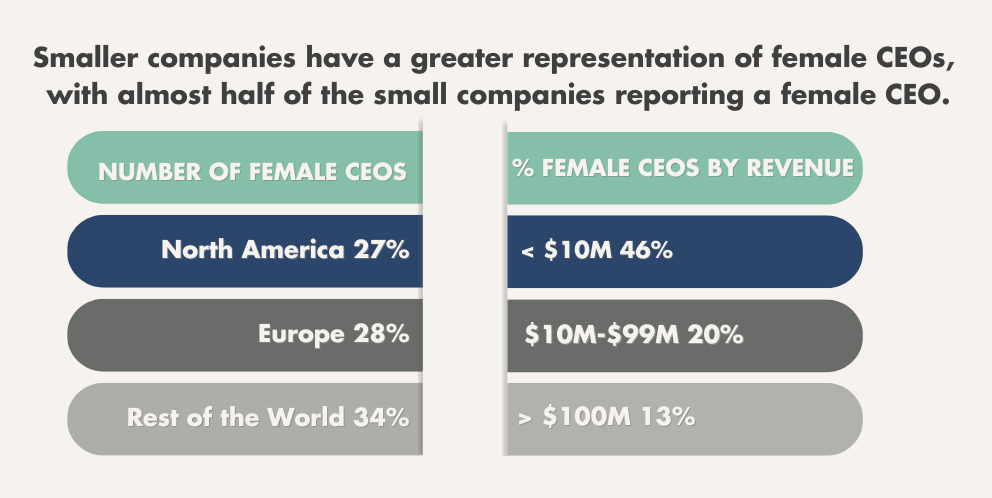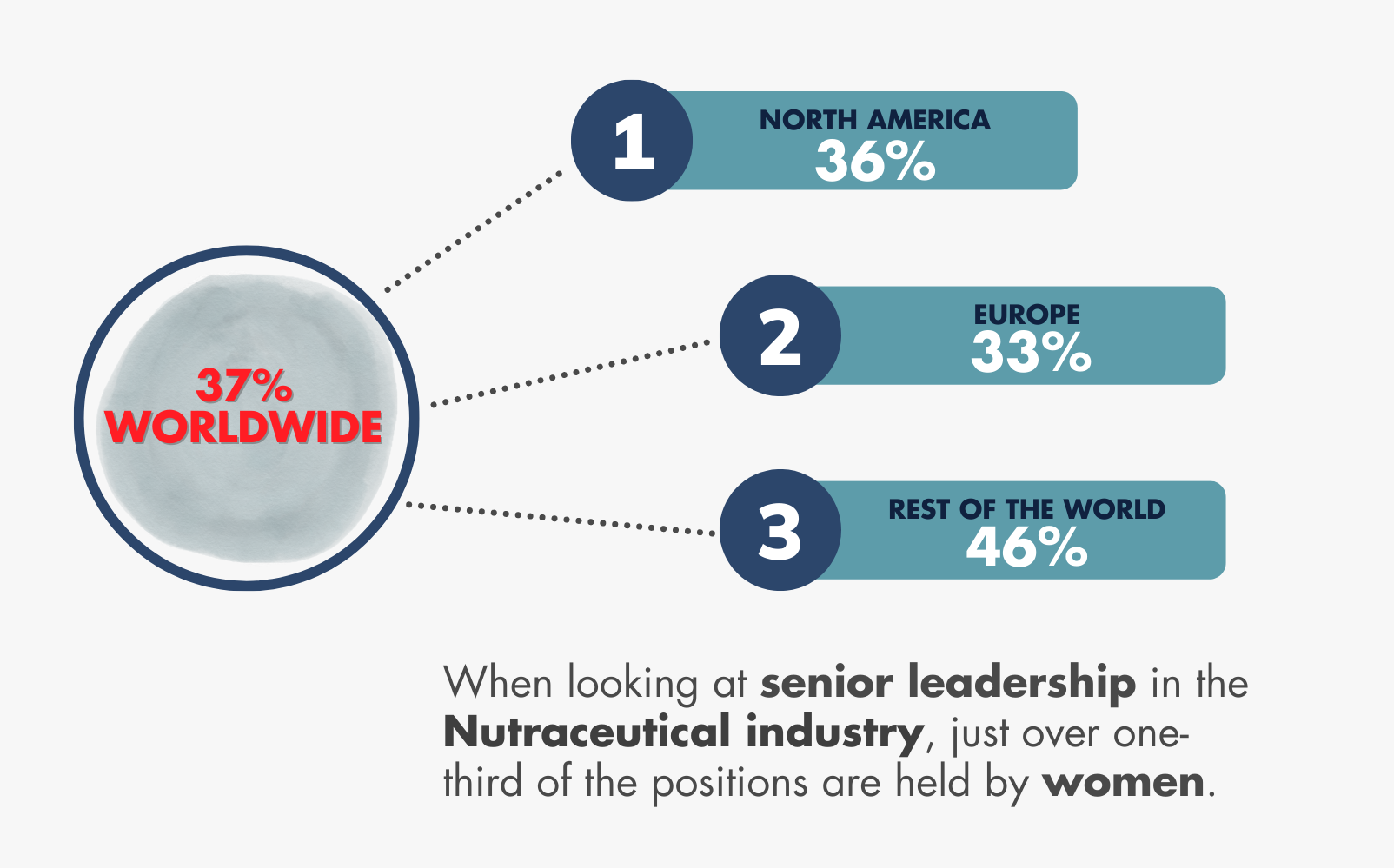Nutraceutical industry’s lack of female leaders is on par with similar industries, reveals first benchmark survey from Women in Nutraceuticals nonprofit group
WIN President Heather Granato presented the new survey results at this week’s Vitafoods Europe show.

Women in Nutraceuticals (WIN), a global nonprofit spearheaded by nutraceutical leaders dedicated to empowering women in the nutraceuticals industry, released the results of its first “Gender Representation in Nutraceutical Industry Leadership Survey.” WIN President Heather Granato presented the survey results at this week’s Vitafoods Europe show in Geneva, Switzerland. The survey’s resulting benchmark data show that the percentage of female senior leadership in the nutraceuticals industry is on par with that of similar industries and, as in other industries, needs improvement.
According to WIN, the survey found that the percentage of females serving in senior leadership roles in the nutraceuticals industry tend to be higher at smaller companies. For companies with less than US$ 10 million in annual sales, the percentage of female senior leaders was 48%. At mid-size companies, this percentage fell to 36%, and at larger companies with annual sales over US$ 100 million, the percentage of female senior leaders was 34%.
Figure courtesy of Women in Nutraceuticals.

In terms of the percentage of females serving on company boards in the industry, there was less variation among companies of different sizes, with small companies with under $10 million annual sales reporting 25% female board members and companies with over $100 million in annual sales reporting 22% female board members.
In the nutraceutical industry’s C-suite, there is also a lack of diversity, with representation divided as 71% white, 16% Asian/Pacific Islander, 5% Black, and 4% Latin.
WIN compared the nutraceutical industry’s results with that of the pharmaceutical and medical products industry, which it called “the closet industry for comparison.” In the pharmaceutical and medical products industry, women make up 39% of vice president roles, 34% of senior vice president roles, and 28% of the C-suite. This data comes from McKinsey & Company’s “Women in the Workplace 2022” report. WIN notes that the pharmaceutical and medical product industry’s female representation figures “are slightly higher than corporate figures overall; McKinsey puts representation of women at the VP level at 32%, SVP at 28%, and C-suite at 26%.”
WIN said there is room to increase female representation in the nutraceutical industry’s leadership field. “With the nutraceutical industry showing an average of 37% of senior leadership roles held by women, that’s a head start toward greater gender parity in our industry,” the organization’s press release states.
Figure courtesy of Women in Nutraceuticals.

Moreover, it points out, “And there is a significant business benefit to doing so, with multiple business reports showing that gender-diverse companies are significantly more successful. McKinsey & Co. found a 48% performance differential between most- and least-gender-diverse companies in executive leadership. Harvard Business Review found 21% increased likelihood that gender-diverse executive teams report above-average profitability. And Entrepreneur reported that diverse companies are better positioned to capture new markets, increasing both performance and profits.”
WIN’s conclusion is that “Embracing gender parity in senior management is a particularly good opportunity for the nutraceutical industry given that the consumer base remains majority female. Having diversity of thought and experience in every part of the business—from product development into marketing and communication—can yield greater innovation and business growth.”
WIN’s “Gender Representation in Nutraceutical Industry Leadership Survey” was conducted by NEXT with financial support from Informa. The survey was conducted in the U.S., Europe, and Asia between December 2022 and January 2023.
HHS announces restructuring plans to consolidate divisions and downsize workforce
Published: March 27th 2025 | Updated: March 27th 2025According to the announcement, the restructuring will save taxpayers $1.8 billion per year by reducing the workforce by 10,000 full-time employees and consolidating the department’s 28 divisions into 15 new divisions.










